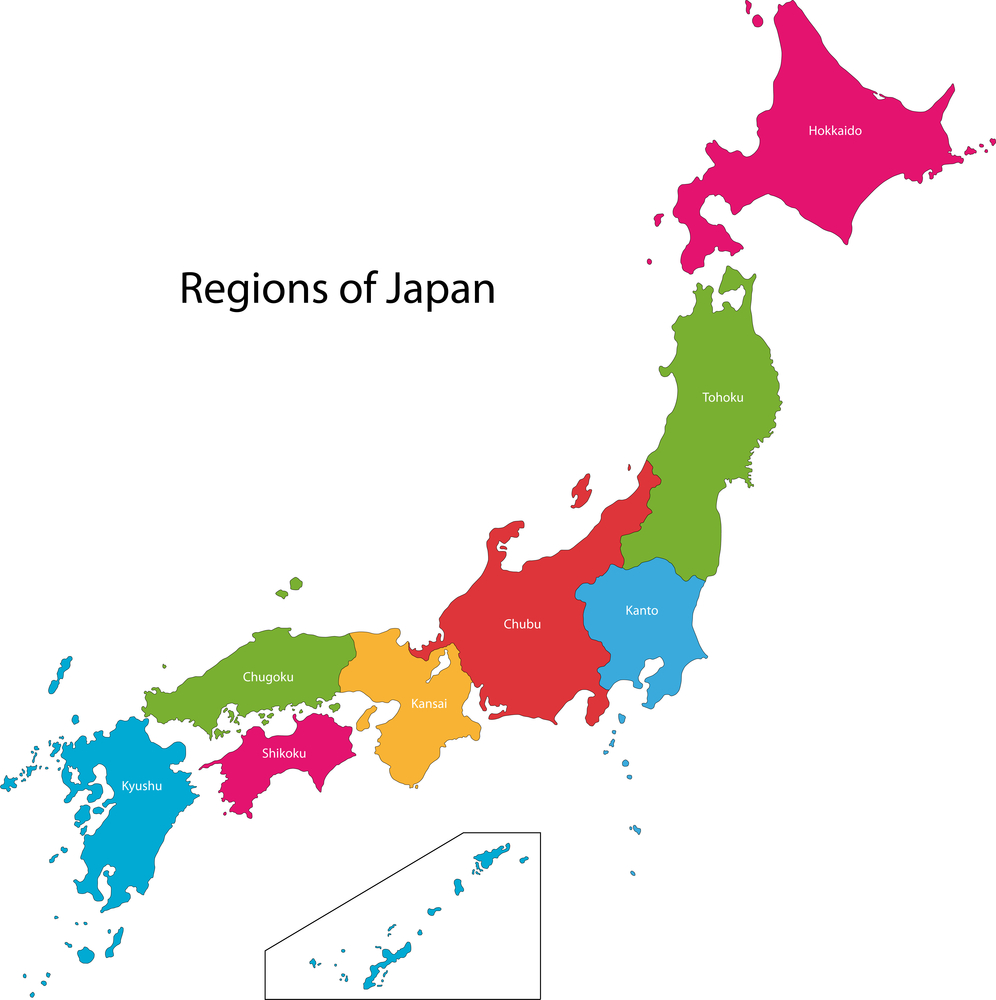“If we carry on like this, Japan will perish” – Uniqlo’s founder Tadashi Yanai
Tadashi Yanai, founder and president of Fast Retailing (Uniqlo) has some hard hitting words for the Nikkei Business magazine series “Wake Up Japan”:
“Japan is the only country which relies mainly on one big intake of domestic graduate hires for its recruitment. But you have to recruit globally. There is competition around the world to hire people, and Japan is falling behind. Only hiring Japanese people is pointless.
At the moment Japan just seems to be hiring raw manpower, but we need to hire people with advanced skills, knowledge workers. Yet we are still just hiring Japanese people for this too.
Japan’s executives need to globalize too
Japan is two steps behind in terms of skills, yet we think we are ahead of the game. We don’t know the reality of the wider world outside. This is because executives are not learning and not going outside of Japan. Executives think they are globalising their companies, but they just send out business unit heads, without actually changing at the executive level. If executives aren’t taking risks, with their own money, it won’t go well.
If you want to hire top non-Japanese, you have to radically change Japan’s HR and reward systems. If you look at compensation, levels in China and Europe are around 2-3 times higher, and around 10 times higher in the USA.
Only non-Japanese who love Japanese culture can put up with Japan’s current HR system
Japanese companies set pay just by looking at other companies in their sector, in Japan. So there is pressure for everyone to toe the line. So if you want good non-Japanese people to join you, you will only attract the ones who love Japanese culture.
The lifetime employment and seniority based promotion systems have become calcified. I think they are good systems, but only if the company is growing. It’s OK if the outcome is lifetime employment and seniority based promotion, but this has become very superficial. If you bring in people from outside Japan, seniority based promotion and lifetime employment will collapse.
For example, if you want to build up strength in robotics and AI, you have to hire top people from Silicon Valley, or India or China and work with them. Seniority based promotion is irrelevant then. If you want to work together, it has to be based on a transparent, fair system.
The need for strong, good values to attract good people
If you want to work with people from all round the world, you have to have strong good values yourself. This attracts good people. Good companies attract good people.
Japan still behaves like a closed country even though it thinks it isn’t any more, just because more and more tourists are coming here. Real globalization means working alongside non-Japanese people. So you have to build a system that enables this.
So I don’t think of career development as being in 10 year increments, rather as 3 year units. Talented people can become directors within three years, even if they are graduate recruits. If you don’t have that kind of system, they will quit.”
For more content like this, subscribe to the free Rudlin Consulting Newsletter. 最新の在欧日系企業の状況については無料の月刊Rudlin Consulting ニューズレターにご登録ください。
Read More

